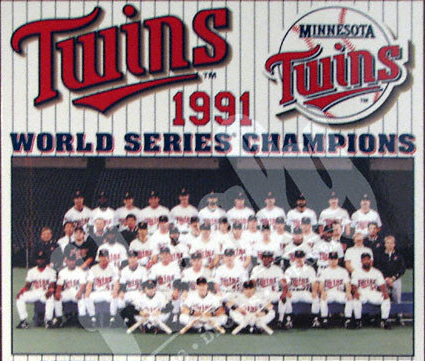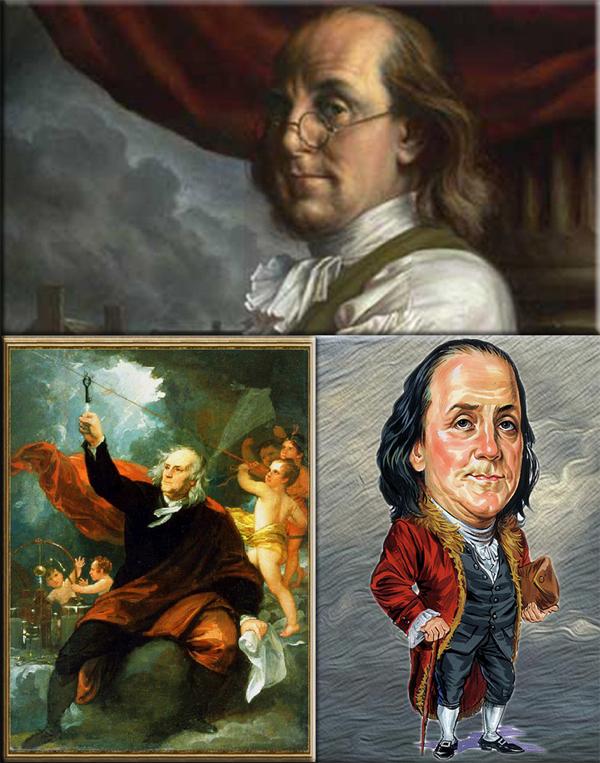
Benjamin Franklin dies on April 17th, 1790
On April 17, 1790, American statesman, printer, scientist, and writer Benjamin Franklin dies in Philadelphia at age 84.
Born in Boston in 1706, Franklin became at 12 years old an apprentice to his half-brother James, a printer and publisher. He learned the printing trade and in 1723 went to Philadelphia to work after a dispute with his brother. After a sojourn in London, he started a printing and publishing press with a friend in 1728. In 1729, the company won a contract to publish Pennsylvania's paper currency and also began publishing the Pennsylvania Gazette, which was regarded as one of the better colonial newspapers. From 1732 to 1757, he wrote and published Poor Richard's Almanack, an instructive and humorous periodical in which Franklin coined such practical American proverbs as “God helps those who help themselves” and “Early to bed and early to rise, makes a man healthy, wealthy, and wise.”
As his own wealth and prestige grew, Franklin took on greater civic responsibilities in Philadelphia and helped establish the city's first circulating library, police force, volunteer fire company, and an academy that became the University of Pennsylvania. From 1737 to 1753, he was postmaster of Philadelphia and during this time also served as a clerk of the Pennsylvania legislature. In 1753, he became deputy postmaster general, in charge of mail in all the northern colonies.
Deeply interested in science and technology, he invented the Franklin stove, which is still manufactured today, and bifocal eyeglasses, among other practical inventions. In 1748, he turned his printing business over to his partner so he would have more time for his experiments. The phenomenon of electricity fascinated him, and in a dramatic experiment he flew a kite in a thunderstorm to prove that lightning is an electrical discharge. He later invented the lightning rod. Many terms used in discussing electricity, including positive, negative, battery, and conductor, were coined by Franklin in his scientific papers. He was the first American scientist to be highly regarded in European scientific circles.
Franklin was active in colonial affairs and in 1754 proposed the union of the colonies, which was rejected by Britain. In 1757, he went to London to argue for the right to tax the massive estates of the Penn family in Pennsylvania, and in 1764 went again to ask for a new charter for Pennsylvania. He was in England when Parliament passed the Stamp Act, a taxation measure to raise revenues for a standing British army in America. His initial failure to actively oppose the controversial act drew wide criticism in the colonies, but he soon redeemed himself by stoutly defending American rights before the House of Commons. With tensions between the American colonies and Britain rising, he stayed on in London and served as agent for several colonies.
In 1775, he returned to America as the American Revolution approached and was a delegate at the Continental Congress. In 1776, he helped draft the Declaration of Independence and in July signed the final document. Ironically, Franklin's illegitimate son, William Franklin, whom Franklin and his wife had raised, had at the same time emerged as a leader of the Loyalists. In 1776, Congress sent Benjamin Franklin, one of the embattled United States' most prominent statesmen, to France as a diplomat. Warmly embraced, he succeeded in 1778 in securing two treaties that provided the Americans with significant military and economic aid. In 1781, with French help, the British were defeated. With John Jay and John Adams, Franklin then negotiated the Treaty of Paris with Britain, which was signed in 1783.
In 1785, Franklin returned to the United States. In his last great public service, he was a delegate to the Constitutional Convention of 1787 and worked hard for the document's ratification. After his death in 1790, Philadelphia gave him the largest funeral the city had ever seen.History Channel 
Wikipedia Image: Benjamin Franklin painting by Michael J Deas | “Benjamin Franklin Drawing Electricity from the Sky” by Benjamin West (1738-1820) Philadelphia Museum of Art
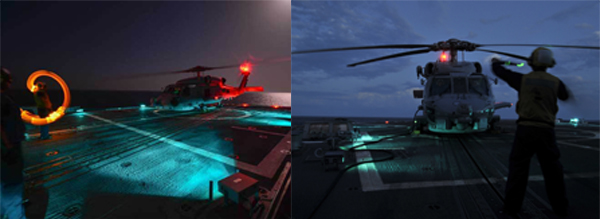
Understanding Military Terminology - Deck Status Light
(DOD) A three-colored light (red, amber, green) controlled from the primary flight control. Navy - The light displays the status of the ship to support flight operations. United States Coast Guard - The light displays clearance for a helicopter to conduct a given evolution.
Image: U.S. Navy Gallery: Images from the fleet (ABC News)
The Old Salt’s Corner - Hot racking
Hot racking (also known as hot bunking or hot bedding) is the sanctioned practice within military organizations of assigning more than one crew member to a bed or "rack" to reduce berthing (sleeping) space. The practice dates back at least to the sixteenth century, and today is particularly applied aboard submarines, where maximization of space is especially important. Generally, the lowest ranking members of the crew are required to hot rack. Hot racking is sometimes utilized in jails and prisons to deal with overcrowding.
Depending upon the watch system, two, or even three people may end up sharing the same bunk. The term comes from the military slang use of the term "rack" for a bed or bunk. With more than one crew member assigned to a rack, it is possible that a crew member returning from a duty shift will lie down on a rack immediately after it is vacated by another crew member about to start a shift. The rack is therefore said to be "hot", that is, still warm from the vacating crew member's body heat.

“I’m Just Sayin’”
God must love stupid people; He made so many.

“Thought for the Day”
“Do not search. That which is, is. Stop and see.” ~Osho (Acharya Bhagwan Shree Rajneesh)
“What I Have Learned”
There isn’t anything noble about being superior to another person. True nobility is in being superior to the person you once were.

Bizarre News (we couldn’t make up stuff this good – real news story)
Texas woman complains to cops about cannabis quality, arrested
LUFKIN, Texas — Police in East Texas have arrested a woman after she called them to complain about the quality of the marijuana she had purchased from a dealer. Lufkin police Sgt. David Casper said Monday that an officer went to the home of 37-year-old Evelyn Hamilton to hear her complaint that the dealer refused to return her money after she objected that the drug was substandard. Casper says she pulled the small amount of marijuana from her bra when the officer asked if she still had it. She was arrested Friday on a charge of possession of drug paraphernalia. Hamilton said Monday she spent $40 on "seeds and residue." She says she called police when she got no satisfaction from the dealer's family.USA Today / Associated Press

Mr. Answer Man Please Tell Us: How did fountains work before the invention of electric pumps?
In ancient times someone realized there were lots of water sources outside Rome that were at a higher elevation than the city itself. Ergo, if one could convey the water from the sources to the town, one would have water pressure (and if desired, fountains) galore.
One then had the mere technical detail of building ten miles of more or less watertight aqueduct with a constant slope of 1 in 320 using the resources available in 312 BC. Plus ten more aqueducts in later years, the longest extending 56 miles, bringing in a total of 38 million gallons of water per day. Plus an elaborate municipal plumbing system in which the runoff from one fountain fed others downhill from it and ultimately wound up in the sewers. Thanks to those early brainiac Romans, we had working fountains.Roman aqueduct
Wikipedia Image: Trevi Fountain is the largest Baroque fountain in the city of Rome and one of the most famous fountains in the world.

Where Did That Saying Come From? “Geek”
In ancient times someone realized there were lots of water sources outside Rome that were at a higher elevation than the city itself. Ergo, if one could convey the water from the sources to the town, one would have water pressure (and if desired, fountains) galore.
One then had the mere technical detail of building ten miles of more or less watertight aqueduct with a constant slope of 1 in 320 using the resources available in 312 BC. Plus ten more aqueducts in later years, the longest extending 56 miles, bringing in a total of 38 million gallons of water per day. Plus an elaborate municipal plumbing system in which the runoff from one fountain fed others downhill from it and ultimately wound up in the sewers. Thanks to those early brainiac Romans, we had working fountains.Wikipedia
Wikipedia Image: Anybody's Fool (L Dahl) Computer Geek (IT Avalon)
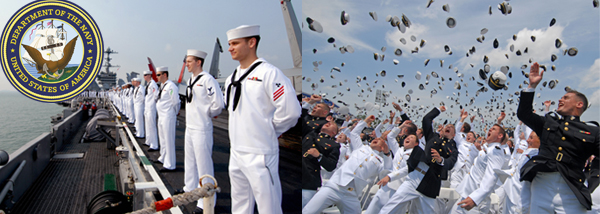
NAVSPEAK aka U.S. Navy Slang
Bremerlos: Large civilian women who prey on the sexual needs of unwary junior enlisted personnel. Resembling Buffalo, their original range was Bremerton, WA, but due to successful breeding with said junior enlisted personnel, have increased their range to all U.S. naval facilities.
Crack House: Designated smoking area aboard ship that is not a weatherdeck space. Quickly fills with a haze of smoke. Also called “Crack shack”.
Phrog: CH-46 Sea Knight. Also referred to as the “Whistling Shitcan of Death”.
Red Devil Blower: A fan, painted red, used by damage control parties to desmoke a space. Also the name of a legendary hooker in Naples.
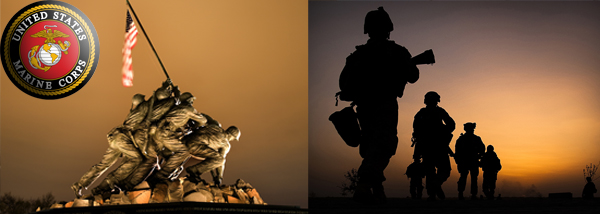
Just for MARINES
Brain Bucket: Helmet of any type including combat Kevlar and aviation headgear.
Brain Fart: (Vietnam) Discontinuity loss of concentration, a senior moment.
Brain Housing Group: The human head. Also melon or grape.

Navy Acronyms
USMC - United States Marine Corps
USN - United States Navy
UDT - Underwater Demolition Team (see SEAL)
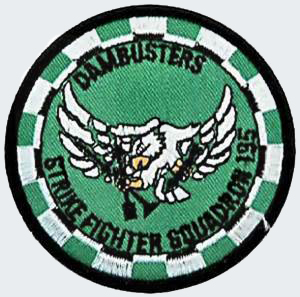
Naval Aviation Squadron Nicknames
VFA-195 - Strike Fighter Squadron 195: “Dambusters”
NAF Atsugi, Japan

The Strange, Mysterious or Downright Weird
The world’s first traffic light was invented way before the automobile by almost 20 years. It wasn’t electric, it was a complex gas lamp, which was manually operated. It was first used in London in 1868 to control carriage traffic.
Sadly, just a month after being installed it exploded, as a result of a leak in one of the gas lines underneath the ground, seriously wounding the police officer who was operating it. The safety of these lamps was questionable and so the concept was abandoned until the invention of the electric signal in 1912 by an American named Lester Wire.















